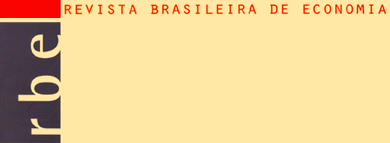This work presents a semiparametric procedure to analyze the effect of minimum wage on the Brazilian's distribution of wages over 1981 to 1999. We have followed the approach developed by DiNardo etal. (1996) which has not been implemented to Brazilian's data yet. We investigate further the effects of three other factors, in order to compare their importance on the Brazilian's inequality evolution. The other factors are: i) the distribution of workers' education; ii) the unionization level; and iii) the distribution of workers' attributes other than education and unionization. Using data from PNAD and applying Kernel density methods to appropriately weighted samples, we capture the effects ofeach one ofthe four factors considered. This procedure yields a visually clear representation of precisely where in the distribution various factors have their greatest impact. The results show important effects of minimum wage on Brazilian inequality.




































